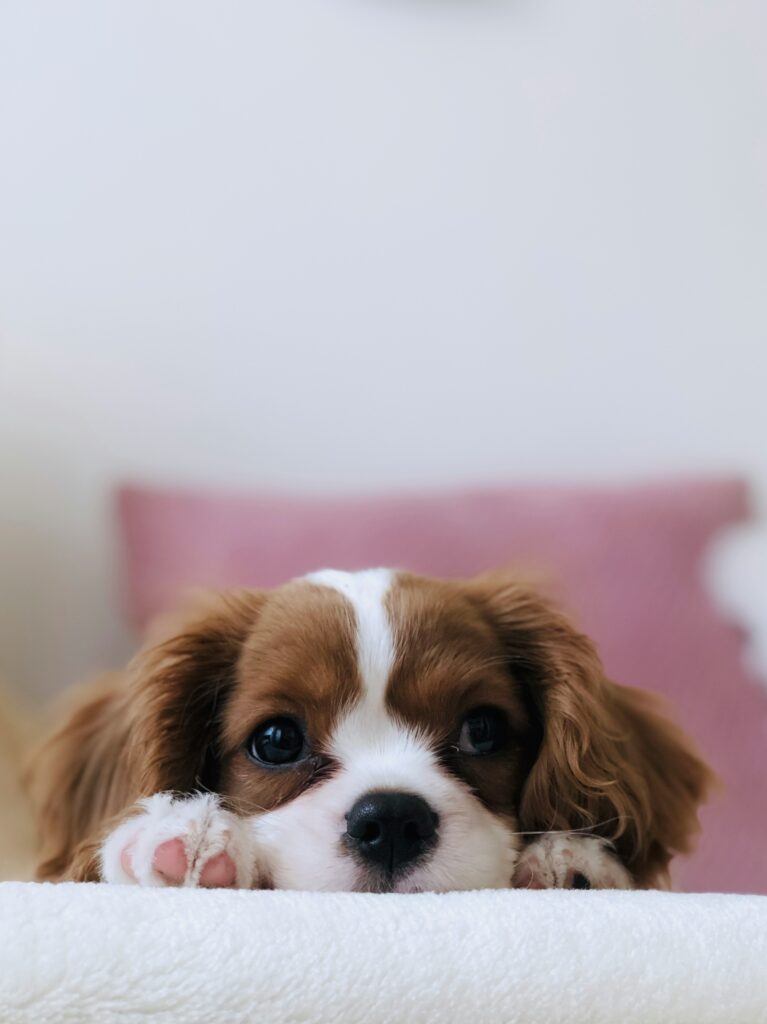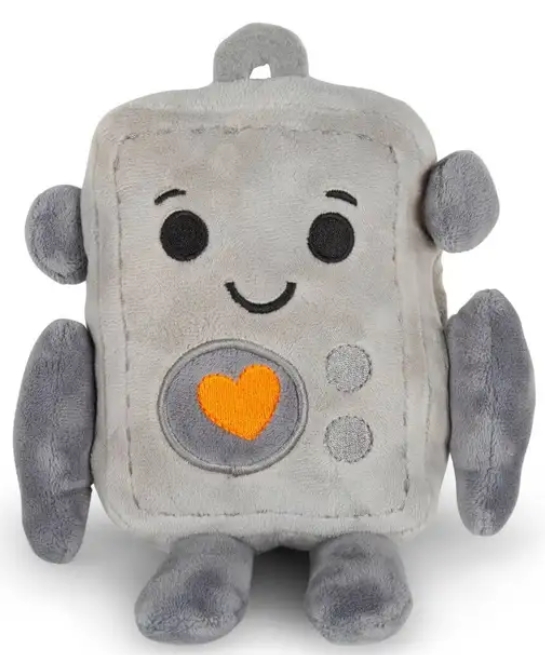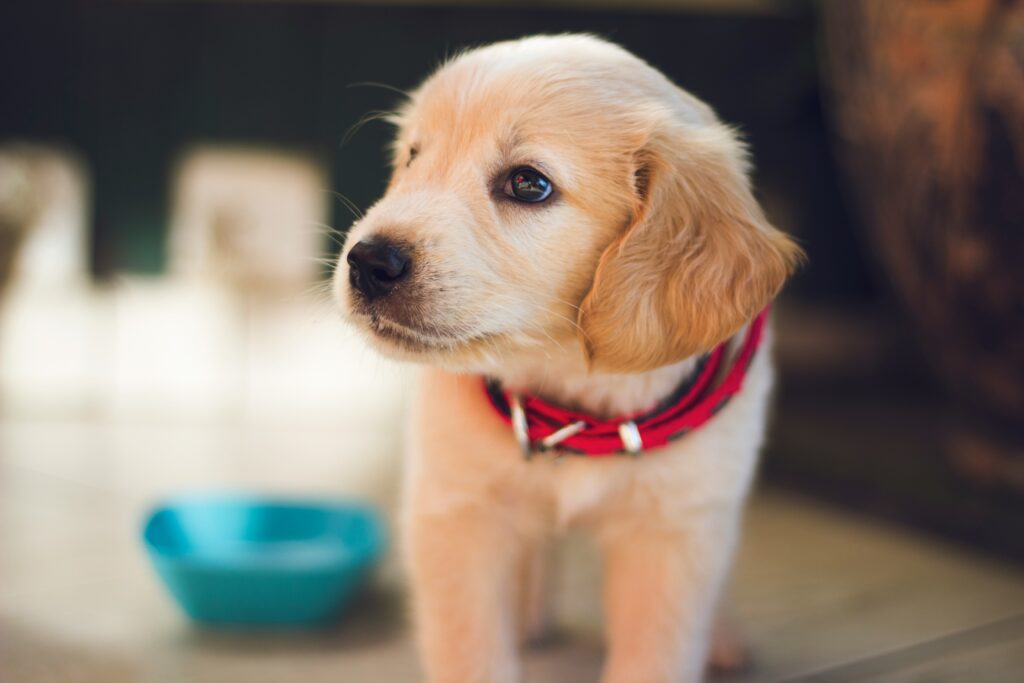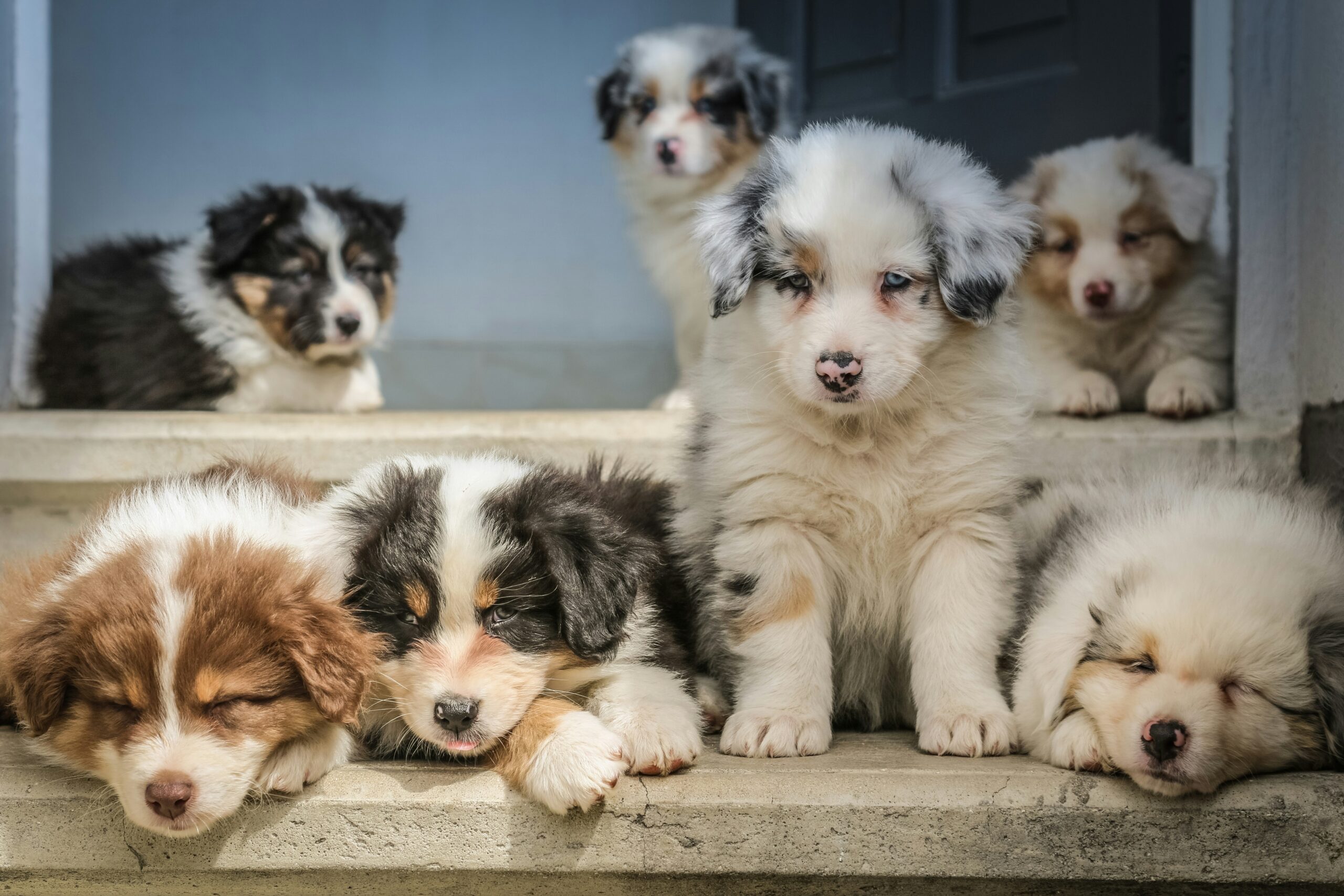Bringing home a new puppy is one of life’s most joyful moments—but it also comes with big responsibilities. Puppies are adorable, energetic, and curious, and like any baby, they need structure, patience, and plenty of love. Whether you’re a first-time dog owner or just need a refresher, here’s your comprehensive guide to preparing for your new furry family member.
1. Puppy-Proof Your Home
Before your puppy arrives, make sure your home is safe for their boundless curiosity. Think of it like baby-proofing.
- Remove hazards like electrical cords, choking hazards, and toxic plants.
- Secure cabinets that contain cleaning supplies or food.
- Block off restricted areas with baby gates or closed doors.
- Keep shoes, socks, and valuables out of reach—puppies love to chew!
This also includes the exterior of your home. Make sure that the space where your puppy can get play, get fresh air and do their toilet training is clean and safe for them too.
- Avoid using chemicals like weed killer, rat poison or patio cleaning products
- Tidy away tools and toys so your puppy doesn’t chew them when your-‘re not looking
- Invest in some good fence panels and ensure your space is secure

2. Shop the Essentials
Make sure you have everything your puppy needs from day one, things to consider include
- Crate (appropriate size for sleeping and training) you may want one for the home and one for the car too.
- Bedding (washable and comfortable) ask for a piece of fabric/bedding that smells like mum if possible, this will help them to settle
- Food and water bowls get the right size for your puppy, too high and they may not be able to access the water properly.
- High-quality puppy food – do your research, look for the best food for your puppies age and breed but also be mindful of budget as this is a long term commitment, the most expensive isn’t always the best.
- Collar, harness, and leash again make sure yo have the right size for your puppies age and breed
- ID tags and microchip essential for when they are ready to go on walks
- Training treats something tasty and smelly is good for getting their attention like the Natures Menu range
- Brush and grooming supplies
- Puppy pads or cleaning supplies for accidents and trust me their will be accidents!
- Toys (chew toys, puzzle toys, plush toys) we recommend seriously strong toys available from Animed as they are unlikely to be able to destroy these and choke on small parts.

3. Choose a Vet and Schedule a Check-Up
Within the first few days you will need a vet so you can:
- Book a wellness exam
- Discuss vaccination schedules
- Talk about parasite prevention (fleas, ticks, worms)
- Ask about spaying/neutering and timing
It is also worth making sure that they accept pet insurance and if there are any insurers they don’t work with just so you know.
It’s important to have a trusted veterinarian lined up before your puppy comes home. Ask for recommendations from people you trust, read reviews online and even phone them in advance and get a feel for the staff and their customer service.
Another good place to familiarise yourself with in advance is Animed, a trusted name in online pet care and veterinary supplies that you never know when you might need.
4. Set a Routine Early
Dogs thrive on routine. Establish a consistent schedule for:
- Feeding times
- Potty breaks
- Playtime and exercise
- Training sessions
- Bedtime
This will help your puppy adjust, feel secure, and learn expectations quickly. However, make sure it is a routine that will work for you and your family on a regular basis. You may have taken time off work or arranged to work from home whilst the puppy settles in which is lovely but the routine you put in place needs to also work when you return to work.

5. Start Basic Training Immediately
Training begins the moment your puppy arrives. Keep it positive, consistent, and short.
- Teach basic commands like sit, stay, come, and leave it
- Begin crate training and housebreaking
- Use positive reinforcement: praise, treats, and affection
Consider enrolling in a puppy training class for structured socialisation and support. If you have children get them involved in the training so the puppy knows to listen to them and not just you.
6. Socialise Your Puppy
The first 3–4 months are critical for social development. Safely expose your puppy to:
- Different people, environments, and sounds
- Other vaccinated, friendly dogs
- Car rides, vet visits, and grooming
Always ensure these experiences are positive and controlled. Think about the environments that you are in often and take them along or mirror them as best you can. For example if you have children and often go to watch their sport matches at the weekend take the puppy with you so they can get used to the noise and people. You may want to just take them for a short time at first or take an extra adult so you can take it in turns to watch the match and sit with the dog but the more they are exposed to these situations as a puppy the easier it will be when they are bigger.
If you often go camping and want to be able to take the dog with you, get them used to travelling in the car and build up the time. Then get them used to being in the cage outside for a bit and maybe even put the tent up in the garden and let them explore it in a safe way so it isn’t too much of a shock when they arrive at their first camp site in the height of summer.
7. Be Ready for the Adjustment Period
Expect a learning curve—for both you and the puppy. There will be:
- Accidents
- Chewed belongings
- Sleepless nights
Patience, consistency, and love go a long way. Every puppy is different, so don’t compare your journey to others’.
Preparing for a puppy takes time and effort, but the rewards are priceless. With the right preparation, you’ll build a strong bond from the beginning—and enjoy years of tail wags, puppy kisses, and unconditional love.
Are you getting a new puppy soon? Share their name and breed in the comments—we’d love to meet your future best friend!
